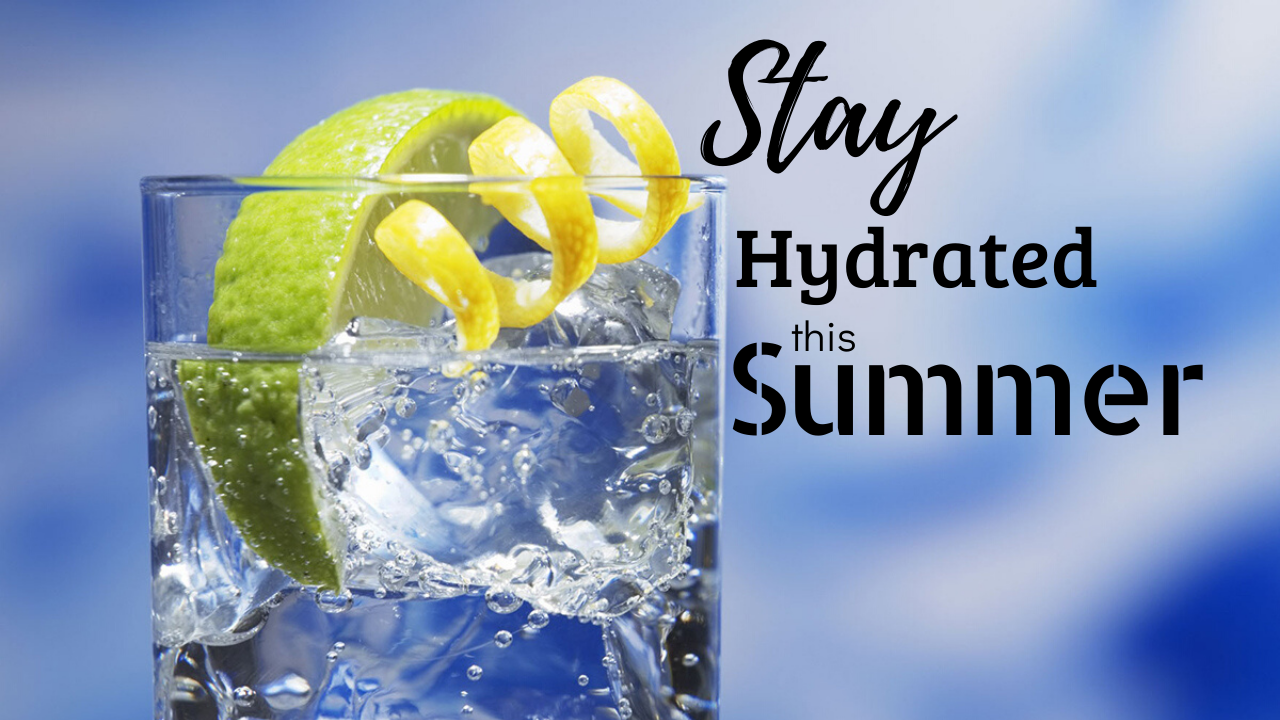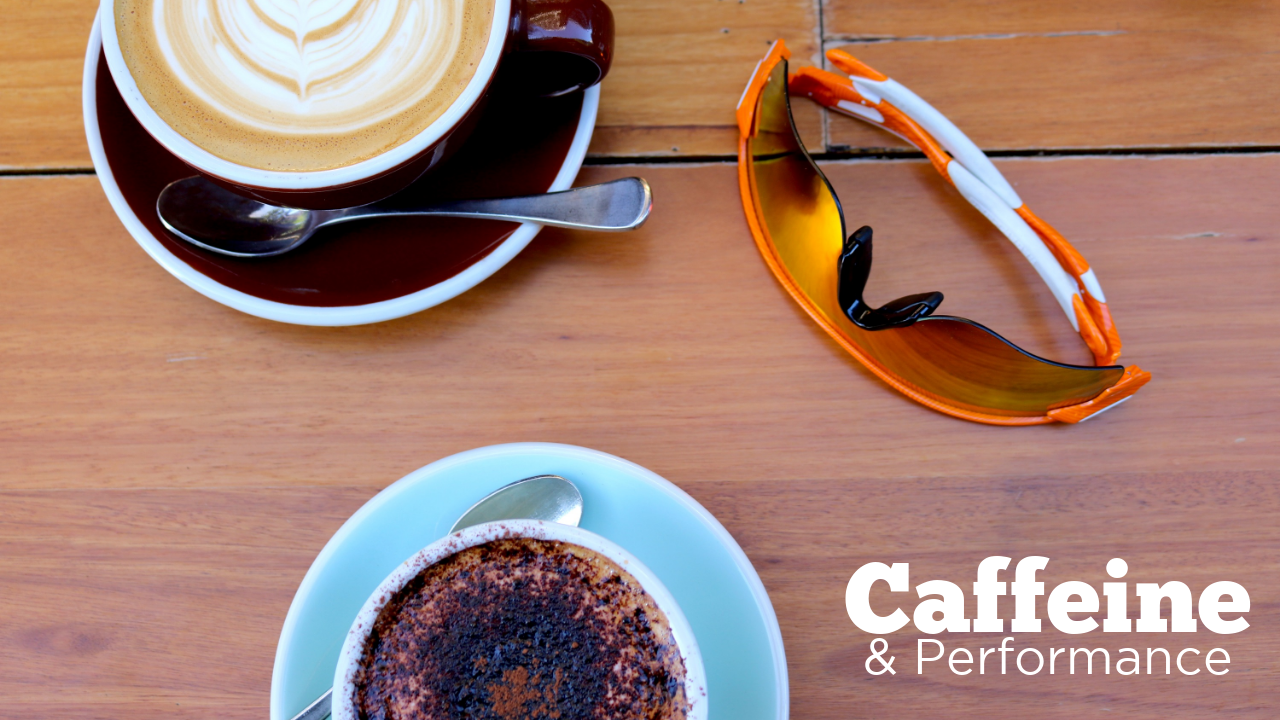Fuel Rules for Runners

Whether you’re a beginner runner or pro athlete, nutrition plays a key role in running performance. Check out these winning tips to eat and drink your way to peak performance.
Find Balance
Running is (generally speaking) a high energy burning sport. Sometimes this allows us to get away with eating whatever we like with little consequence on our weight. However, while burning lots of calories, runners still require a mindful approach to eating, as everything we eat and drink directly affects our performance. Just because you can get away with it, doesn’t mean you should be reaching for the biscuit jar every afternoon for a pick me up.
Focus on real foods to fuel training, with a balance of carbohydrate and protein-rich foods at main meals and snacks. Be sure to include lots of colourful fruits and vegetables as these provide important run-fuelling nutrients. Include moderate amounts of healthy fats such as avocado, nuts, seeds, extra virgin olive oil and oily fish...
Fat vs. Carbs: What’s best for sports performance?

There is so much media attention around low carbohydrate diets at the moment; it’s hard to decipher what is fact and what is fiction. Low-carbohydrate diets are not a new dietary concept by any means, yet they have made a popular comeback with claims of rapid weight loss and other health benefits. A quick Google search pulls over 2 million results in 0.3 seconds! Let’s have a look at some of the evidence and find some clarity around the concept…
Carbohydrate
Carbohydrate is a macronutrient found in foods such as bread, rice, quinoa, pasta, cereals, fruit, the starchy vegetables (potato, sweet potato and corn), legumes (chickpeas, lentils, red kidney beans) and dairy products (milk, yoghurt). It is also found in packaged foods such as sports drinks, gels and bars, soft drink, cordial, juice, honey, sugar, lollies and baked goods. When we eat carbohydrate-rich foods, they are digested and broken down into smaller building blocks, such as glucose,...
Introducing: Dietitian Approved Athlete and Pro Cyclist - Nic Moerig

Name: Nicole Moerig
Age: 31
Sport: Road Cycling
Occupation: Professional Cyclist/ Secondary PE & Science Teacher
Location: Currently Byron Bay, relocating to the UK in April for the European cycling season
I have always lived a very active lifestyle. I competed in cross country running as a teenager, moving into Triathlons in my early 20’s and then finding a passion for Road Cycling more recently. Since 2011, I have been competing at a national level and was part of an Australian female cycling team Pensar-SPM Racing that won the National Road Series Team’s classification two years running. In January 2014, I broke my collarbone while competing in the Santos Woman’s Tour Down Under. This forced me off the bike for 6 weeks and as a result, I gained significant weight. It was at this point that I visited my first dietitian.
In 2015 after working as a full-time teacher for 7 years, fitting training in around work and competing on the...
Stay Hydrated This Summer

Summer is just around the corner and as the temperature heats up, now is the perfect time to visit hydration and its effects on exercise performance.
Our body is over 60% water making hydration essential for everyone, all the time. Water plays many important roles in our body including maintaining blood volume, transporting nutrients, getting rid of waste products and importantly, regulating our body temperature.
During exercise, our body cools itself by sweating to lose heat. Sweat loss varies depending on the intensity and duration of exercise and by the ambient temperature and humidity. It is also highly individual – some people sweat no more than 500ml/hour, where others (and you’ll know who you are), sweat upwards of 3.5L/hour.
Know your sweat rate
It’s important to know what sort of sweater you are and develop a personalised hydration plan to prevent dehydration, as we know dehydration affects performance. It increases your heart rate, impairs heat...
Caffeine and Sports Performance

Caffeine is a widely used, socially acceptable stimulant.
It is found naturally in the leaves, beans and fruits of a variety of plants. The most common dietary sources of caffeine include tea, coffee, cola, energy drinks, chocolate and supplemented sports foods like gels and shots. It is rapidly absorbed and transported to all body tissues and organs where it exhibits a complex range of actions. Effects include the mobilisation of fat from adipose tissue (yes please!) and the muscle cell, changes to muscle contractility, lowering the perceived rate of exertion (how hard you feel you’re working), effects on the heart muscle and stimulation of adrenaline (our fight or flight hormone).
The major benefit of taking caffeine on exercise performance appears to be achieved by central nervous system effects, which can help reduce the perception of effort and fatigue, effectively allowing you to train or race harder and longer.
Who would benefit?
There is a solid body of...


